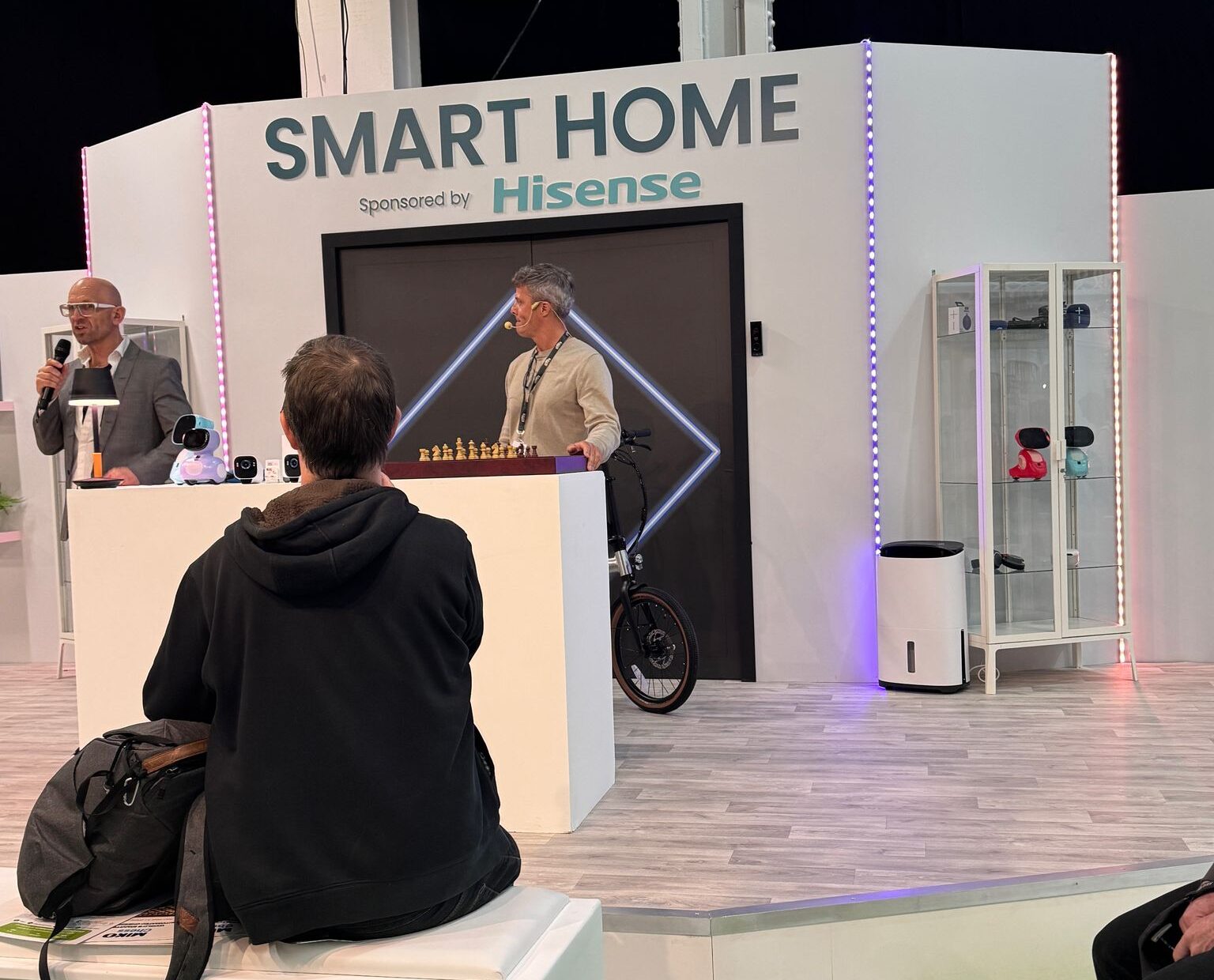Last week I attended the inaugural Digital Identity and Privacy conference held by Consult Hyperion in London, which followed 12 successful years of the Digital Identity forum. The usual topic of ID cards – which always seems to be portrayed so negatively in the news (as highlighted by Elisa Pieri from her PhD research) was not actually at the forefront of this forum which brought together some of the leading thinkers in the field. Although it was interesting to hear that in other countries such as Norway, the banks hold all the identity data and national scheme rather than the government… not sure if that’s even scarier than the government having all our data, judging by what’s happened to the UK banking system recently!
Other, discussions included thoughts on should we take ownership of when we give our I.D out online and in the real world. One thought, from influencer/blogger and academic Adriana Lukas for the online world was to spin CRM on its head and let consumers adopt something called VRM (Vendor Relationship Management), where we control what information we send to the various online vendors we do our e-commerce with. Where as others (including Andrew Whitcombe from Consult Hyperion) talked about how in verbally/face-to-face transactions you often give out more personal info that required as its part of building a relationship and rapport with a customer e.g. a plumber working at your house, you tend to chat to them, talk about your work, family kids etc, both sides swapping personal info. Here it was argued that you choose what to say and data to give out, where as online, you can’t and don’t have the opportunity to make these judgments, so the point was raised how does this human element transfer to the digital world?
Many speakers argued that the future for Identity and any national identity scheme surely has to be the mobile phone… it has a screen to show a photo ID on, so ideal to show quickly and easily to a bouncer at a nightclub to prove your age. Plus, it has a ready made keypad for chip and pin, or even now using oyster card like technology called NFC to prove identity and pay for things or voice activated biometrics info. After all, the phone has become ubiquitous now, we depend on it, and most people would go back home to get their phone if they left it, where as may not bother to go back for their wallet. Perhaps somewhat unsurprisingly, but still worrying is that It was suggested that the on average it takes a few hours, even a day for us to notice and then cancel a credit card if we lose it, where as it will take us just 8 minutes to call our phone operator and report our phones missing!
Andrew






